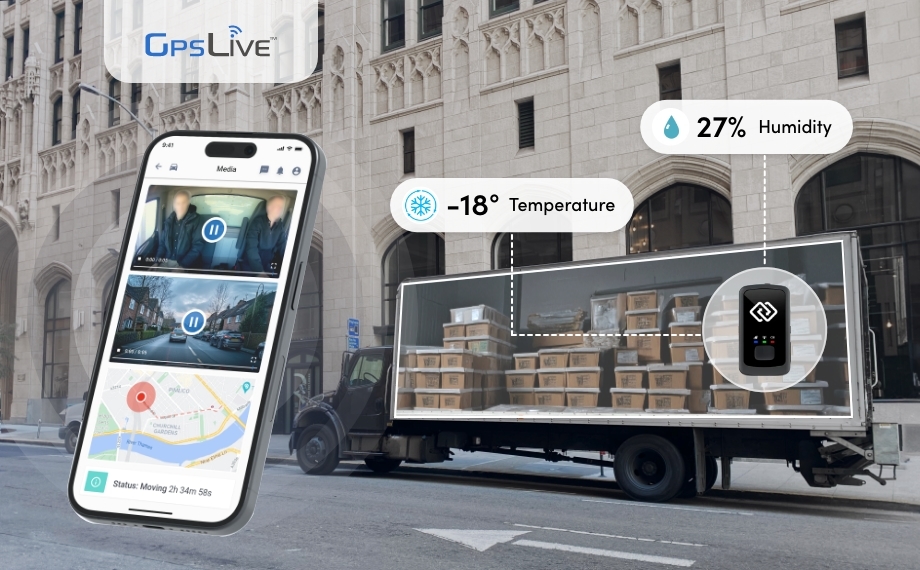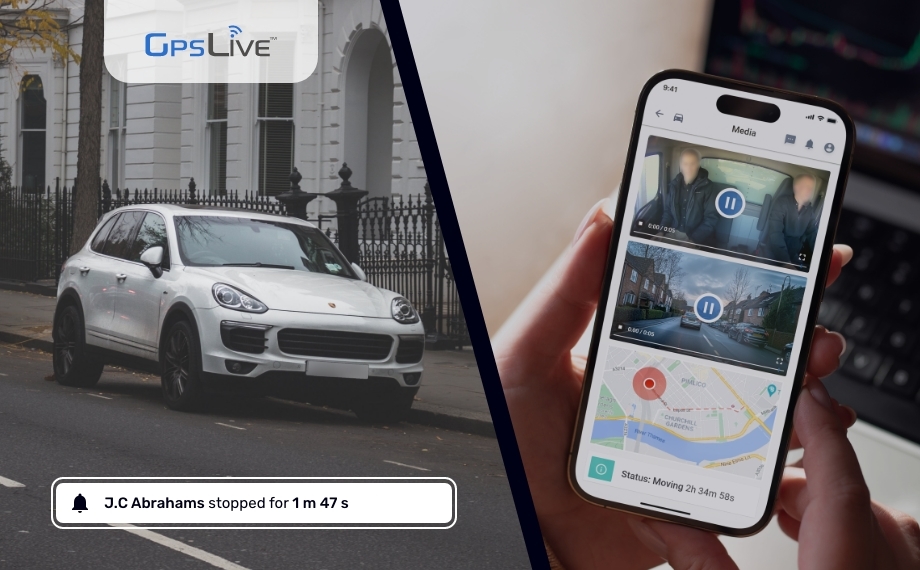Undoubtedly, customer expectations are evolving. Customers want convenience, timely deliveries, the ability to track orders, and information at their fingertips. Without digitization, companies can fail to meet customer demands and lose loyalty. Fleet businesses must ensure efficient operations and zero downtime to make on-time deliveries and improve customer service.
On the other hand, they also must manage internal operations and ensure maximum fleet utilisation. It helps with operational costs savings, run the business smoothly, and attract more customers. However, irrespective of the size of the fleet business, auditing fleet usage and making strategies can be challenging for fleet owners. This is because fleet managers have multiple tasks, from vehicle maintenance and fuel costs to driver and customer management.
What is Fleet Utilisation?
Simply said, fleet utilisation helps to know fleets’ usage and overall performance. It helps to know your current fleet capacity when compared to the demand. With proper fleet performance, you can ensure that fleets are not over or under-utilised. However, each vehicle or client may have different performance or trip metrics, so evaluating overall fleet utilisation is tricky.

Fleet managers have to allocate resources to gain enhanced customer service without burning a hole in their pockets. This is possible when they have in-depth, accurate data about fleet utilisation. Thanks to fleet tracking systems, managers can keep an eye on fleet utilisation without much effort.
Fleet tracking systems empower companies with data analytics to optimise operations, improve efficiency, and mitigate risks. Let’s learn how logistics companies can benefit from fleet tracking solutions and maximise resource utilisation.
Better Resource Allocation
How well you can allocate critical resources like vehicles and drivers, drive optimal fleet usage. However, keeping track of customer demands and resources available can consume a lot of fleet managers’ time. Fleet tracking systems give fleet companies a holistic view of their entire fleet, enabling effective asset tracking and resource allocation. For example, GPS-empowered location tracking can help them dispatch the nearest drivers to the site and complete more trips in a day, driving fleet usage.
Additionally, fleet optimisation software can help fleet managers with accurate demand forecasting, enabling them to align their fleet resources with changing customer requirements, ultimately improving operational efficiency and profit optimization.
Accurate Route Planning
Vehicles will consume more fuel and make fewer daily trips if they’re stuck in traffic or take longer routes. Sometimes, drivers are unaware of customer routes and will not make timely deliveries, affecting customer satisfaction. And if fleet companies manually calculate routes, more problems are bound to arise.
With fleet tracking, they can adopt a digital approach for route optimisation and bid adieu to route planning challenges. Fleet managers can use real-time data around traffic, weather conditions, or roadblocks to plan optimal routes and trips. This way, drivers can reach their destination earliest, avoiding congestion and related issues, leveraging less mileage and ensuring fuel efficiency. Fleet managers can assign them more trips, considering their real-time location and maximising fleet efficiency. They can ensure that fleets are not under or over-utilized, tracking overall operational expenses.
Driver Monitoring and Safety
Accidents caused by reckless driving behaviour can hamper fleet utilisation and productivity. Fleet managers have to employ alternative vehicles and drivers to continue running daily operations. Also, overspeeding or hard braking increases the vehicle’s wear and tear, consumes more fuel, and affects the vehicle’s efficiency, impacting fleet utilisation.
With fleet optimisation software, fleet managers can gain driver behaviour analysis in real-time and pinpoint if they are engaged in reckless driving habits. They can provide extra training or coaching to improve their driving skills, eliminating the chances of accidents or collisions. Smooth operations without glitches ensure that fleets are adequately utilised and provide opportunities for business expansion.
Moreover, improved driver performance leads to lower fuel consumption, reduced maintenance costs, and longer vehicle lifespans. The longer the vehicle span, the better the fleet utilisation.
Preventive Maintenance Planning
Fleet companies might face frequent breakdowns if vehicles do not undergo regular maintenance or servicing. This results in more downtime, delayed shipments, and poor customer service, affecting customer loyalty. Additionally, it hampers drivers’ productivity and contributes to the underutilization of fleets. Fleet managers must put vehicles under regular maintenance to keep vehicles in good condition and ensure uninterrupted services.
Fleet tracking systems assist fleet companies with proactive maintenance by monitoring vehicle health and engine diagnostics and setting fleet maintenance schedules. By collecting and analysing vehicle data, fleet admins can identify potential issues and put vehicles under repair before they escalate into costly breakdowns, gaining downtime reduction. It ensures vehicles are correctly running on the road, ensuring fuel efficiency and maximising fleet usage.
Implement Vehicle Use Policy
A vehicle use policy provides a framework of specific regulations that govern every employee around the usage and management of vehicles. Fleet companies can get an overview of vehicle usage, fleet performance analytics, potential issues, and what strategies can be deployed based on data. For example, with fleet tracking software, they can learn about the unauthorised use of vehicles that can burden fleet companies with extra costs.
Additionally, they can make data-driven decision-making and discard resources or assets that no longer contribute to business operations’ growth. By leveraging real-time tracking insights and advanced analytics, fleet tracking systems offer a wide range of benefits, including fleet usage maximisation.


